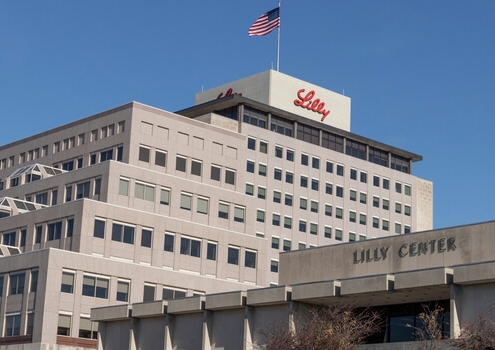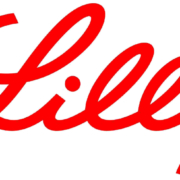Lilly plunks down up to $731M in GPCR pact with Sosei
Lilly plunks down up to $731M in GPCR pact with Sosei
Published: Dec 16, 2022
By Tristan Manalac
BioSpace
Eli Lilly has entered into a multi-target partnership with Sosei Group to discover, develop and commercialize compounds targeting novel G protein-coupled receptor (GPCR) targets in diabetes and metabolic diseases.
Under the terms of the agreement, announced Friday, Lilly will make an upfront cash payment of $37 million to gain the right to nominate several GPCR targets. Japan-based Sosei will then deliver selective small molecule candidates for further development and eventual commercialization.
Sosei also remains eligible for up to $694 million in development and commercial milestones, as well as tiered royalties on global sales.
At the core of the partnership is Sosei’s GPCR-targeted StaR platform, which works by introducing single mutations outside of a GPCR’s active site. These mutations stabilize the receptor such that they can retain their shape even after being removed from the cell membrane.
These stable receptors are more easily extracted in the lab and are easier to perform drug discovery experiments on, allowing for the design of safer and more effective drugs.
According to Matt Barnes, Ph.D, head of U.K. research and development at Sosei, this platform is a “highly attractive approach” for GPCR-focused drug discovery.
Many large biopharma companies appear to agree. The Japanese biotech counts AstraZeneca, Roche’s Genentech, Pfizer, Novartis and AbbVie among its partners.
Dominating the Diabetes, Metabolic Diseases Space
The Sosei partnership is the latest development in Lilly’s rally in diabetes and metabolic diseases. In October, the pharma giant entered into a collaboration and licensing deal with Nimbus Therapeutics to drug the AMPK-activated protein kinase, a central target in metabolic diseases.
In total, Lilly pledged up to $496 million for the Nimbus team-up, including research, development and commercialization milestones.
Last week, Lilly’s blockbuster drug Jardiance (empagliflozin), licensed from fellow powerhouse Boehringer Ingelheim, led to a significant drop in HbA1c in kids and teens with type 2 diabetes.
In a Phase III study, Jardiance cut HbA1c by 0.84% relative to placebo when given alongside diet, exercise, metformin and/or insulin. Jardiance is the first SGLT2 inhibitor to show such activity in young patients, according to Lilly and Boehringer.
Lilly scored another win in type 2 diabetes in July, when its mid-stage candidate mazdutide induced a significantly greater reduction in HbA1c vs placebo. Mazdutide is being developed jointly with Innovent Biologics. Lilly is independently responsible for the candidate outside of China.
Lilly has also been granted Fast Track designation by the FDA for diabetes drug Mounjaro (tirzepatide). The medicine is currently being evaluated as a treatment for adults with obesity in the Phase III SURMOUNT-1 and SURMOUNT-2 trials, which are expected to conclude in April of 2023.
Source: BioSpace









